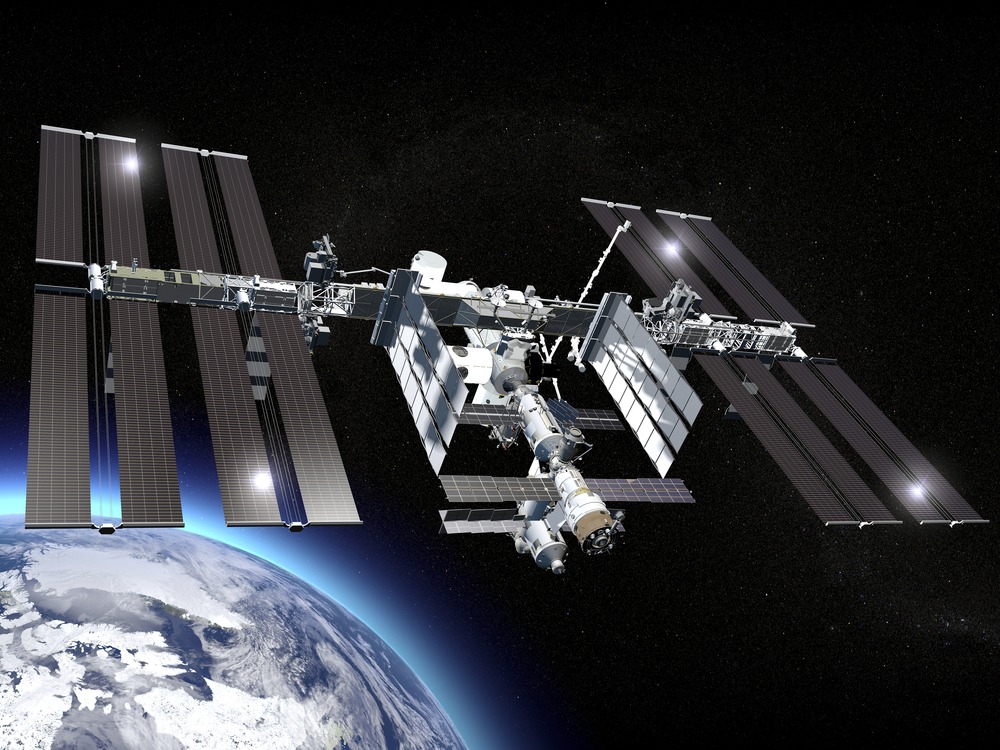
Despite contracts to develop and produce vehicles for astronaut transportation, Boeing and SpaceX are falling behind, and the Government Accountability Organization (GAO) warns the result could be jeopardized access to the International Space Station (ISS).
Both companies are contracted through NASA, and while there is no denying they are progressing toward transportation of U.S. astronauts to and from the ISS, both have faced delays, and safety and programmatic risks are likely to delay them further. The resulting risks of this cannot be understated, and are threefold, by GAO’s estimation.
For one thing, aggressive schedules among the contractors are resulting in anticipating schedule risks. Further, SpaceX and Boeing are dealing with technical risks, and contractors are still working to meet a given standard for crew safety. There is as yet no given that contractors will be able to meet that requirement. Complicating matters still further is that two oversight activities remain: conducting phased safety reviews and verifying that contractors meet requirements at the same time. Contractors largely control their own development schedules, so the program has little ability to make the process flow better, though GAO has previously proposed schedule changes to lighten overlap.
All of this builds to an uncertainty as to whether the United States will have uninterrupted access to the ISS after 2019. The result would be a significant lessening of return on NASA’s $6.8 billion investment with contractors–necessitated by the 2011 retirement of the Space Shuttle.
Since that retirement, the United States has been dependent on Russia to ferry astronauts to and from the ISS. That contract runs out in 2019.
However, GAO has provided no new recommendations to go along with this most recent assessment. Their previous assessment in February 2017 has been for NASA to create a contingency plan to maintain ISS access beyond 2018, when a previous contract with Russia was set to end. NASA followed suit and purchased Soyuz seats through 2019.